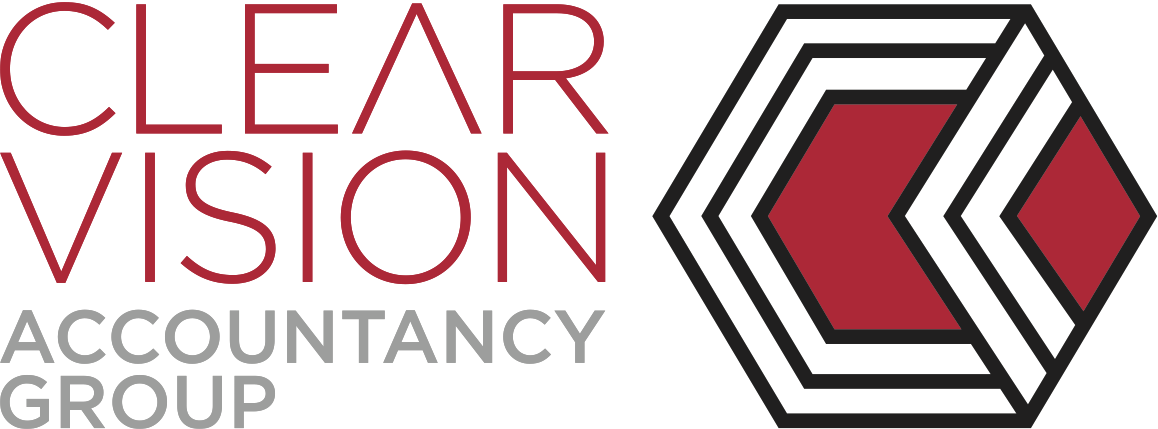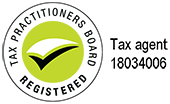Budget 2018/2019 Superannuation related changes….
Exemption from the work test for voluntary contributions
From 1 July 2019, the Government will introduce an exemption from the work test for voluntary contributions to superannuation, for people aged 65-74 with superannuation balances below $300,000, in the first year that they do not meet the work test requirements. Under current law, the work test restricts the ability to make voluntary superannuation contributions for those aged 65-74 to individuals who self-report as working a minimum of 40 hours in any 30 day period in the financial year.
The work test exemption will give recent retirees additional flexibility to get their financial affairs in order in the transition to retirement.
Capping passive fees, banning exit fees and reuniting small and inactive superannuation accounts
From 1 July 2019, the Government will introduce a 3% annual cap on passive fees charged by superannuation funds on accounts with balances below $6,000 and will ban exit fees on all superannuation accounts. The Government will also strengthen the ATO-led consolidation regime by requiring the transfer of all inactive superannuation accounts where the balances are below $6,000 to the ATO. The ATO will expand its data matching processes to proactively reunite these inactive superannuation accounts with the member’s active account, where possible.
Three-yearly audit cycle for some SMSFs
From 1 July 2019, the Government will change the annual audit requirement to a three-yearly requirement for SMSFs with a history of good record-keeping and compliance. This measure will reduce red tape for SMSF trustees that have a history of three consecutive years of clear audit reports and that have lodged the fund’s annual returns in a timely manner.
The post Budget 2018/2019 Superannuation related changes…. appeared first on Clear Vision Accountancy Group.





